
Last Updated At: 09-May-2024
Tradition, Art and Culture of Turkey
Nestled at the crossroads of Eastern Europe and Western Asia, Turkey stands as a bridge between diverse cultures, histories, and traditions. Its rich and intricate tapestry of Culture is woven from threads of ancient heritage and modern creativity. From the mesmerising exuberance of cultural festivals in Turkey to the detailed craftsmanship of Turkish traditional crafts, this captivating nation offers a journey into the heart of a unique and dynamic cultural landscape.
The cultural heritage of Turkey serves as a vibrant echo of its past, embodying the fusion of heritage and contemporary spirit. The country's annual calendar has many festivals that pay homage to its historical, religious, and social roots. The celebration of Mevlana commemorates the mystical poet Rumi, where the whirling dervishes spin in a trance-like dance, evoking spirituality and unity. The International Istanbul Film Festival brings cinema enthusiasts from around the world, showcasing Turkey's film industry and its cosmopolitan nature.
Exploring the Tradition, Art, and Culture of Turkey
As you delve into the multifaceted Culture of Turkey, you will uncover a realm where festivals unite communities and traditional crafts perpetuate the legacy of skilled artisans. This intricate blend of celebrations and craftsmanship paints a vivid picture of a nation that treasures its history while embracing the present, inviting you to explore its cultural treasures with open eyes and a curious heart.
- Turkey's History | From Ancient Civilisations to the Modern Republic
- Traditional Dance of Turkey | Captivating Movements That Tell Stories
- Turkish Cuisine | A Culinary Journey Through Flavors and History
- Turkish Traditional Crafts | Crafting Heritage Through Artistry
- Traditional Clothing in Turkey | Attire Reflecting Culture and Diversity
- Literature of Turkey | Words That Shape the Soul of Italy
- Turkish Films | Cinematic Artistry With Global Impact
- Traditional Music of Turkey | A Harmonious Journey Through Centuries
Turkey's History | From Ancient Civilisations to the Modern Republic
Turkey's history is a vibrant tapestry woven with the threads of ancient civilisations, conquerors, and cultural exchange. The land now comprises modern Turkey and has been inhabited by diverse peoples, from the Hittites and Phrygians to the Byzantines and Ottomans. The rise and fall of empires, the expansion of trade routes, and the interactions with neighbouring regions left an indelible mark on Turkey's historical landscape. The Byzantine Empire's heart, Constantinople (now Istanbul), was later transformed into the Ottoman Empire's illustrious capital. The Ottomans expanded their domain across Europe, Asia, and Africa, shaping the Culture and architecture that endure today. The 20th century marked a turning point as Turkey transitioned into a modern republic under the visionary leadership of Mustafa Kemal Atatürk. The legacy of ancient civilisations, Ottoman grandeur, and modernisation efforts define Turkey's rich historical narrative.
Traditional Dance of Turkey | Captivating Movements That Tell Stories
Turkish dance forms vividly embody cultural heritage, with each movement carrying a story passed down through generations. Dances like the "Halay" celebrate unity and camaraderie, often performed in a circle during festive occasions. The "Horon" from the Black Sea region showcases intricate footwork and expressive gestures that convey a sense of belonging and pride. The "Zeybek" dance, prevalent in the Aegean region, embodies heroism and bravery, drawing inspiration from historical narratives. These dances, often accompanied by live music, are more than mere performances; they are a way to transmit traditions, emotions, and history through captivating movements that connect past and present.
Turkish Cuisine | A Culinary Journey Through Flavors and History
Turkish Cuisine is a sensory journey through history, geography, and cultural interactions. Its foundation lies in the harmonious blend of Eastern and Western influences resulting from Turkey's strategic location. Dishes like "Kebabs," "Pide" (a type of Turkish pizza), and "Baklava" have evolved over centuries, reflecting both local ingredients and historical connections. Turkish Cuisine is known for its rich use of spices, herbs, and olive oil, creating a symphony of flavours that invigorate the palate. The concept of sharing meals is deeply rooted in Turkish Culture, fostering a sense of community and togetherness. Turkish Cuisine tells the story of a nation's culinary heritage and the art of savouring life, from the bustling streets of Istanbul's food stalls to the family gatherings in Anatolian villages.
Turkish Traditional Crafts | Crafting Heritage Through Artistry
Turkish Traditional Crafts are a testament to the artistry and craftsmanship cherished for generations. The art of carpet weaving is perhaps the most iconic, with intricate patterns and vibrant colours reflecting the diversity of regions and cultural influences. Turkish ceramics, famous for their intricate designs and vivid hues, showcase a blend of creativity and historical continuity. Metalwork, calligraphy, and marbling ("Ebru") are other traditional crafts that have endured. The Grand Bazaar in Istanbul is a Turkish conventional crafts treasure trove, offering a glimpse into a world where artistry and heritage intertwine. These crafts are artefacts and living expressions of Turkey's cultural legacy, embodying the beauty of art passed down through generations.
Traditional Clothing in Turkey | Attire Reflecting Culture and Diversity
Traditional Clothing in Turkey is a mosaic of styles and colours, each reflecting the cultural identity of various regions. The "Yemeni" headdress, "Cepken" jacket, and "Salwar" pants are part of the Anatolian attire, representing rural life and Ottoman influence. In contrast, the "Yörük" attire of the Aegean region showcases vivid colours and intricate embroidery, reflecting a more nomadic lifestyle. The "Çarşaf" and "Serpuş" are traditional garments worn by Ottoman women, while the "Fez" was a symbol of modernisation during the early years of the republic. Today, traditional clothing is often reserved for special occasions and ceremonies, acting as a visual representation of Turkey's rich cultural diversity and historical tapestry.
Literature of Turkey | Words That Shape the Soul of Turkey
The Literature of Turkey reflects its historical trajectory, cultural diversity, and the evolving societal landscape. From the epic poems of "Dede Korkut" to the modern works of Orhan Pamuk, Turkish literature captures the nation's ethos, struggles, and aspirations. During the Ottoman Empire, poetry was prominent, with luminaries like Yunus Emre exploring spirituality and human connection themes. As Turkey transitioned to a republic, literature became a platform for exploring national identity, social change, and modernisation. The Literature of Turkey remains a source of introspection and creative expression, shaping the soul of a nation across time.
Turkish Films | Cinematic Artistry With Global Impact
Turkish Films have emerged as a powerful medium for cultural expression, storytelling, and global outreach. Directors like Nuri Bilge Ceylan and Ferzan Özpetek have gained international acclaim, addressing complex societal issues through their cinematic narratives. Turkish Films bridge the gap between tradition and modernity, exploring themes of identity, relationships, and societal transformations. Works like "Winter Sleep" and "Once Upon a Time in Anatolia" have garnered prestigious awards and exposed the world to Turkey's unique cinematic perspective, establishing the country as a significant player in global film.
Traditional Music of Turkey | A Harmonious Journey Through Centuries
The Traditional Music of Turkey echoes through centuries, preserving the essence of cultural heritage in melodious tunes. Instruments like the "Saz" and "Bağlama" create enchanting melodies that transport listeners to ancient times. Genres like "Türkü" and "Halk Müziği" convey stories of rural life and human emotions, while Ottoman classical music, exemplified by the "Makam" system, delves into intricate scales and improvisation. The "Mehter" military band music dates back to the Ottoman era and is a powerful testament to Turkey's historical resilience. Turkish traditional music is a soul-stirring journey that carries the legacy of the past into the present.
Embedded within the intricate fusion of time-honoured customs and contemporary elements, the Culture of Turkey emerges as an enchanting mosaic that mirrors the tapestry of the nation's storied past, kaleidoscopic diversity, and unwavering dynamism. It is a harmonious symphony wherein the echoes of antiquity resonate alongside the beats of modernity. Turkey's cultural landscape is a multifaceted canvas that draws upon the brushstrokes of tradition and innovation, unveiling a panorama that captivates the senses and nourishes the soul. This vibrant cultural amalgamation manifests in various forms, each reflecting a unique facet of Turkey's essence. So, voyagers, prepare to make lifelong memories in Turley and plan your journey with Adotrip for a smooth and hassle-free experience.
With us, nothing is far!
Book Turkey Tour Packages
Frequently Asked Questions about the Culture of Turkey
Q1. What religion is central to Turkish identity?
A1. Islam is central to Turkish identity.
Q2. How integral is Turkish Cuisine to Culture?
A2. Turkish Cuisine is Integral to Culture:
- Reflects historical influences
- Embodies regional diversity
- Fosters communal gatherings
- Showcases culinary traditions
- Symbolises cultural identity
Q3. What is Turkey's most popular sport?
A3. Football (soccer) is Turkey's most popular sport.
Q4. How strong are Turkic and Ottoman influences?
A4. Turkic and Ottoman influences are strong:
- Shaped language and Culture
- Historical legacy evident
- Reflected in art and architecture
- Influence on Traditions and Cuisine
- Integral to national identity
Q5. How has Turkey bridged European and Asian cultures?
A5. Turkey has bridged European and Asian cultures:
- The geographical location connects continents
- Historical trade routes facilitated interaction
- The blending of traditions and customs
- Diverse influences in art, architecture, and Cuisine
- Cultural fusion reflected in modern society
Q6. How important are secular Kemalist principles?
A6. Secular Kemalist principles are important:
- Shaped modern Turkish state
- Emphasised separation of religion and politics
- Influenced education and legal systems
- Aimed for modernisation and Westernization
- Continues to impact societal norms
Q7. What archaeological sites reflect ancient civilisations?
A7. Archaeological sites reflecting ancient civilisations in Turkey:
- Ephesus: Greek and Roman ruins
- Göbekli Tepe: Oldest known temple complex
- Troy: Legendary city of the Trojan War
- Hierapolis-Pamukkale: Ancient spa city
- Hattusha: Hittite capital and ruins
Q8. How popular is Turkish pop music and soap opera entertainment?
A8. Turkish pop music and soap opera entertainment are popular:
- Domestic and international following
- Influence on cultural trends
- Exported to various countries
- Reflect contemporary Turkish Culture
- Contributed to soft power diplomacy
Q9. What role does coffeehouse culture play?
A9. Coffeehouse culture in Turkey plays a role:
- Social gathering places
- Facilitates discussions and debates
- Historical and traditional significance
- Fosters community interaction
- Reflection of cultural connections
Q10. How diverse is Turkey across geographic regions?
A10. Turkey is diverse across geographic regions:
- Varied landscapes from coast to mountains
- Distinct climates and ecosystems
- Different cultural traditions and dialects
- Rich culinary and agricultural variations
- Reflects historical and geographical influences.
--- Published By Adotrip
Latest Blogs

Long Weekends In India 2025 - List of Holidays
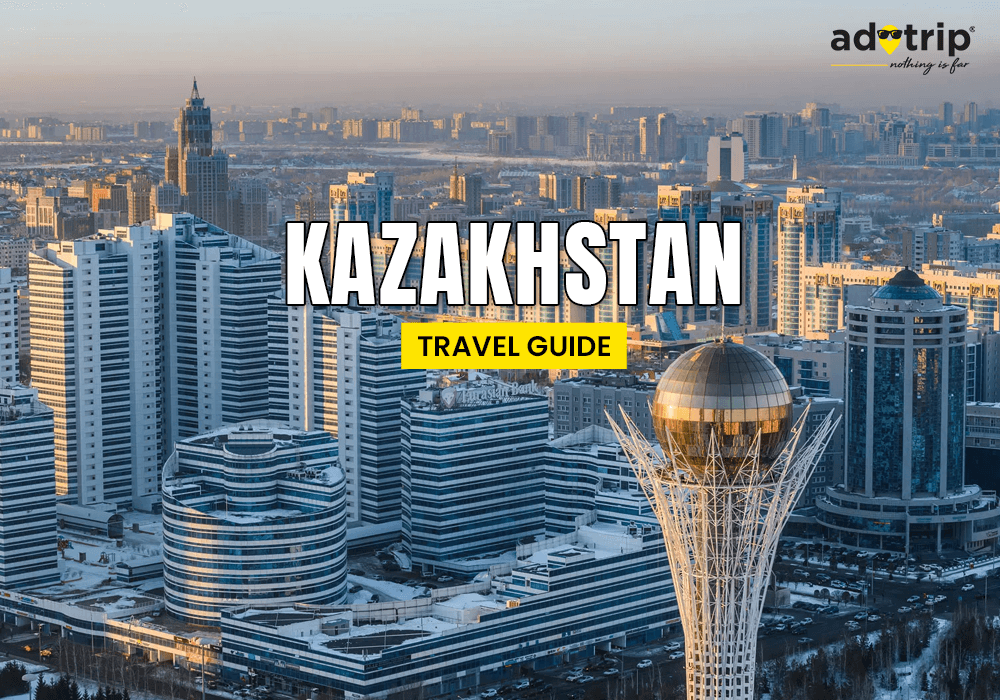
Kazakhstan Travel Guide 2025: Affordable Luxury, Visa Free E...
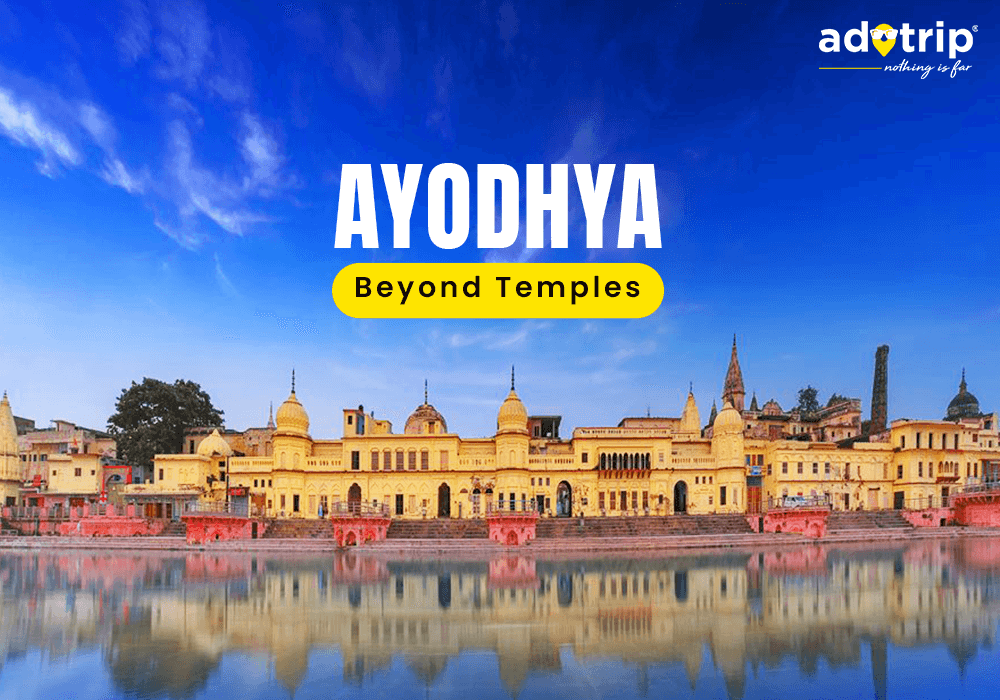
Think Ayodhya is Just Temples? Discover Its Hidden Artistic...

Why Azerbaijan is the Best Budget Friendly Alternative to Sw...



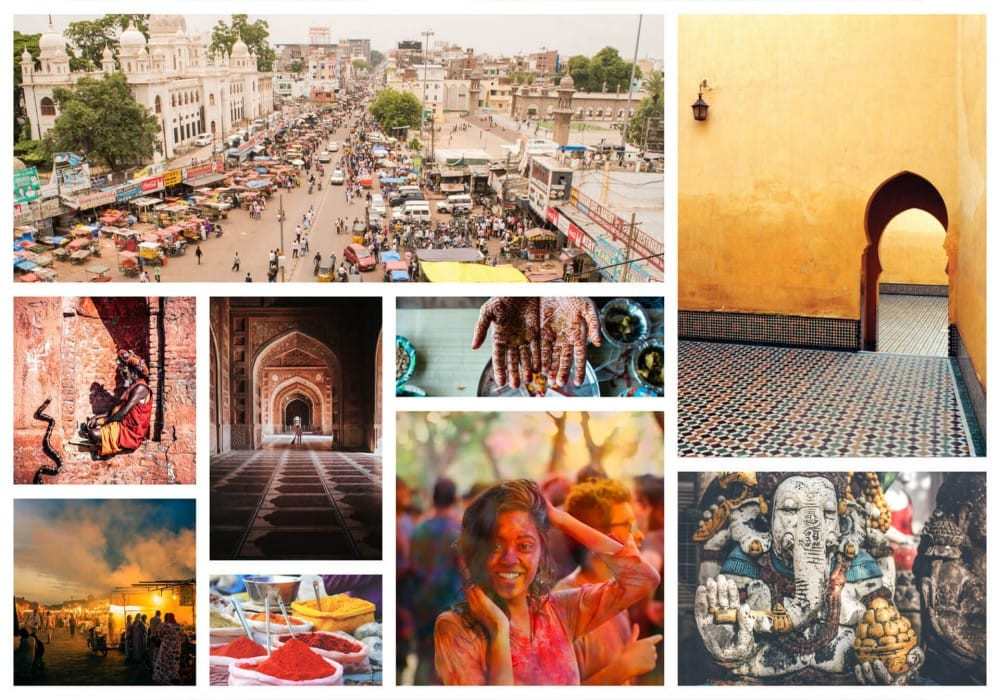
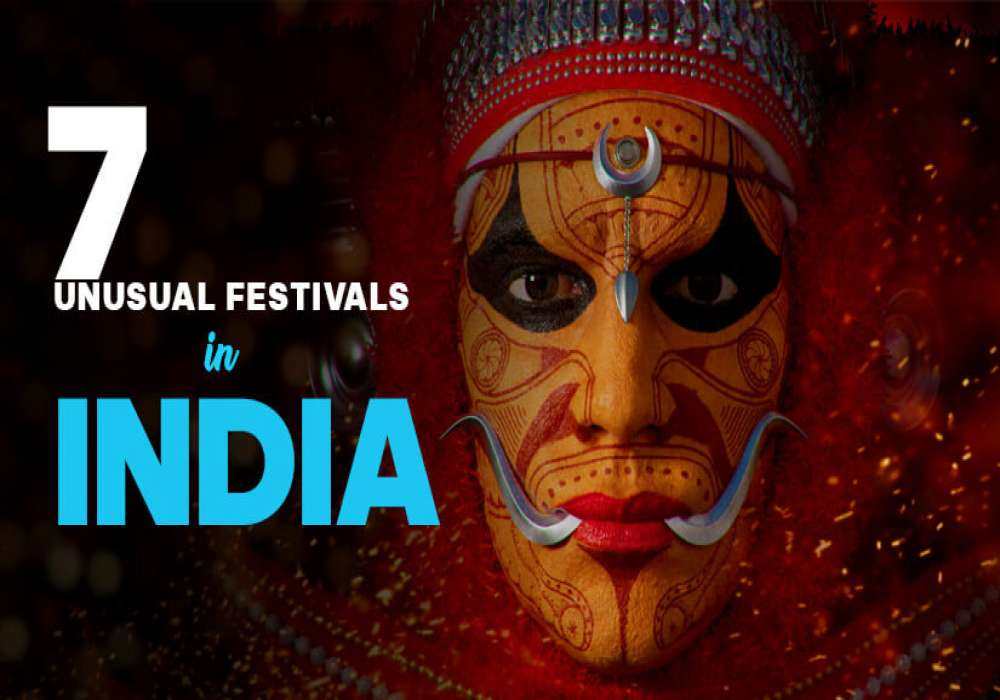


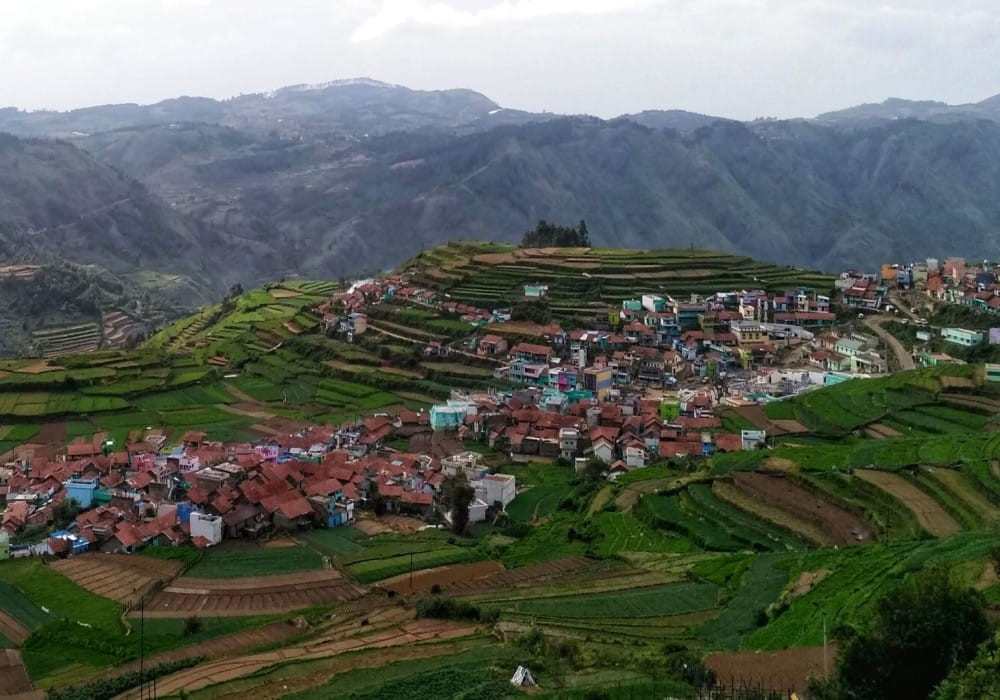

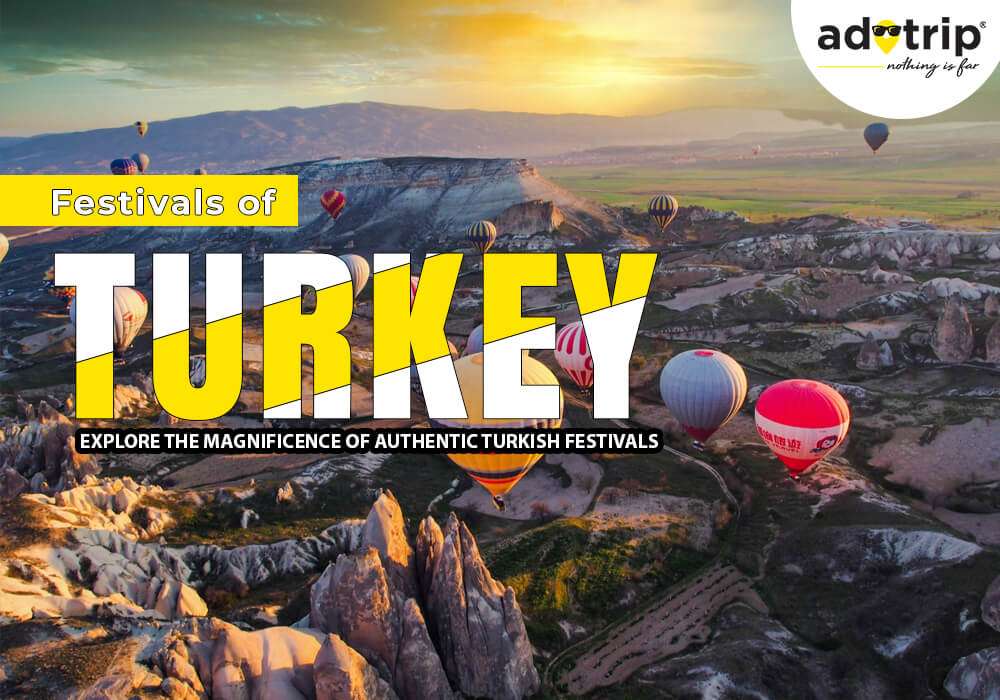
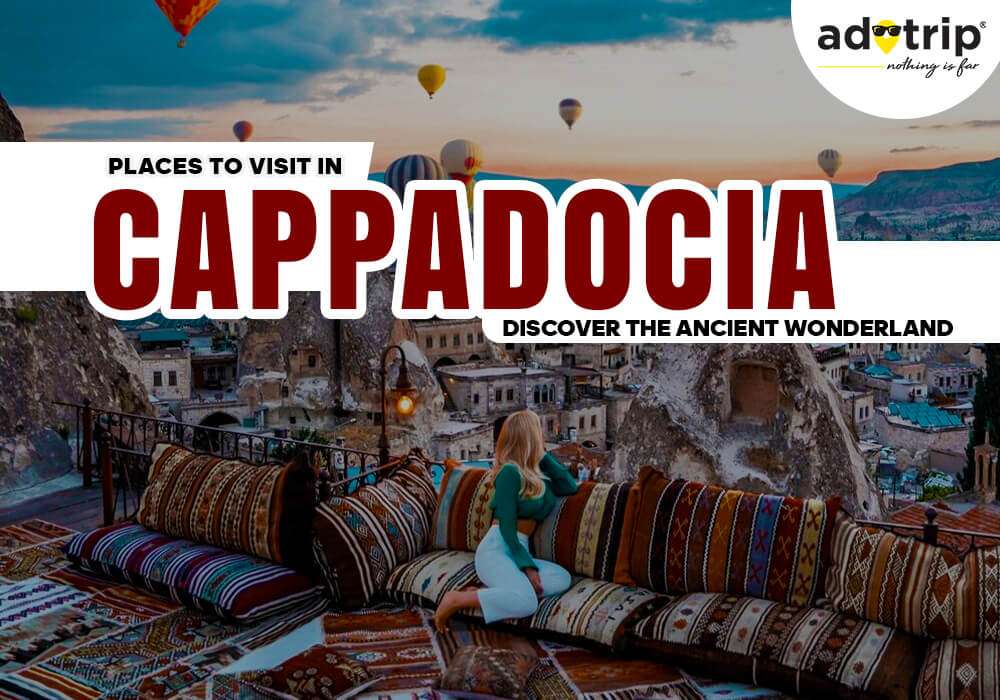

 (1).jpg)
 Dubai
Dubai Malaysia
Malaysia USA
USA





